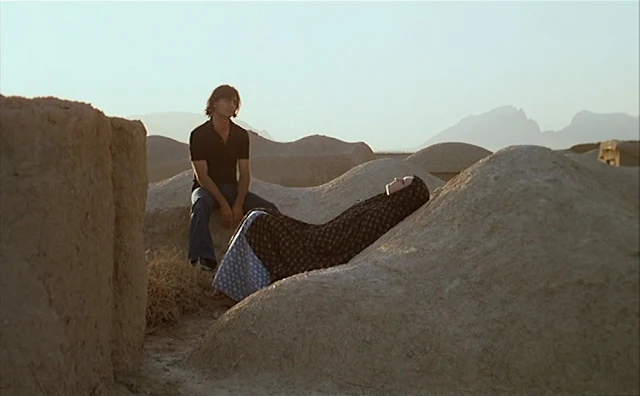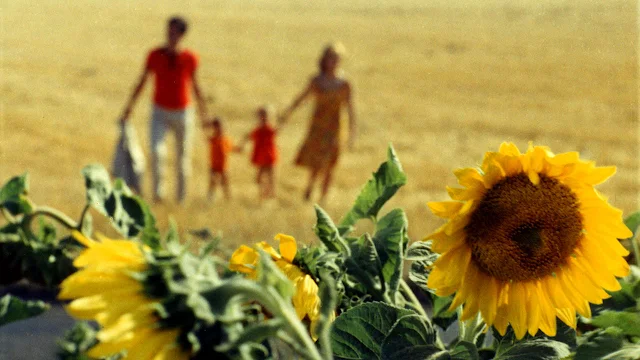 |
| James Rado, Viva, and Gerome Ragni in Lions Love (...and Lies) |
Things have been bad before. Maybe Agnès Varda's pseudo-documentary Lions Love (...and Lies) is just what we need to watch in this time of a rampaging pandemic and collapsing economy presided over by a corrupt and malignant narcissist, if only to remind us that things looked pretty grim in the late 1960s, with the Vietnam War seemingly unstoppable and the assassinations of Martin Luther King Jr. and Robert Kennedy casting a pall. We survived that, and we'll survive this. We can hope. Not that Lions Love starts out on a grim note. Instead, we find ourselves at a performance of Michael McClure's play The Beard, about an encounter between Jean Harlow and Billy the Kid, and then hanging out in a Hollywood mansion with one of Andy Warhol's entourage, Viva, and the creators of the musical Hair, James Rado and Gerome Ragni. Frivolity with an edge, you might say. But things darken with the arrival of filmmaker Shirley Clarke, playing herself as a New Yorker in La La Land, where she hopes to get studio backing for a film. She's not at all at home there, not in the hedonistic way of the aforementioned trio, who revel in the glitz of the setting. And then the calendar begins to remind us that this is 1968, the windup of Bobby Kennedy's campaign for the Democratic nomination in California, and the darkness deepens -- at least for the moment. To add to the chaos of Kennedy's assassination, Viva receives word that Warhol himself has been shot. Yet before long, the trio are back in their old hedonistic mode. Varda handles this tonally complex subject (I hesitate to call it a story) with all the irony it deserves, and even makes an on-screen appearance when Clarke rebels against the demands of Varda's script that she attempt suicide. It's a movie that only looks like a mess, because once it was over, I found myself sorting through my own memories of the period to try to bring order out of the chaos it portrays. Lions Love is history as tragicomedy.



























